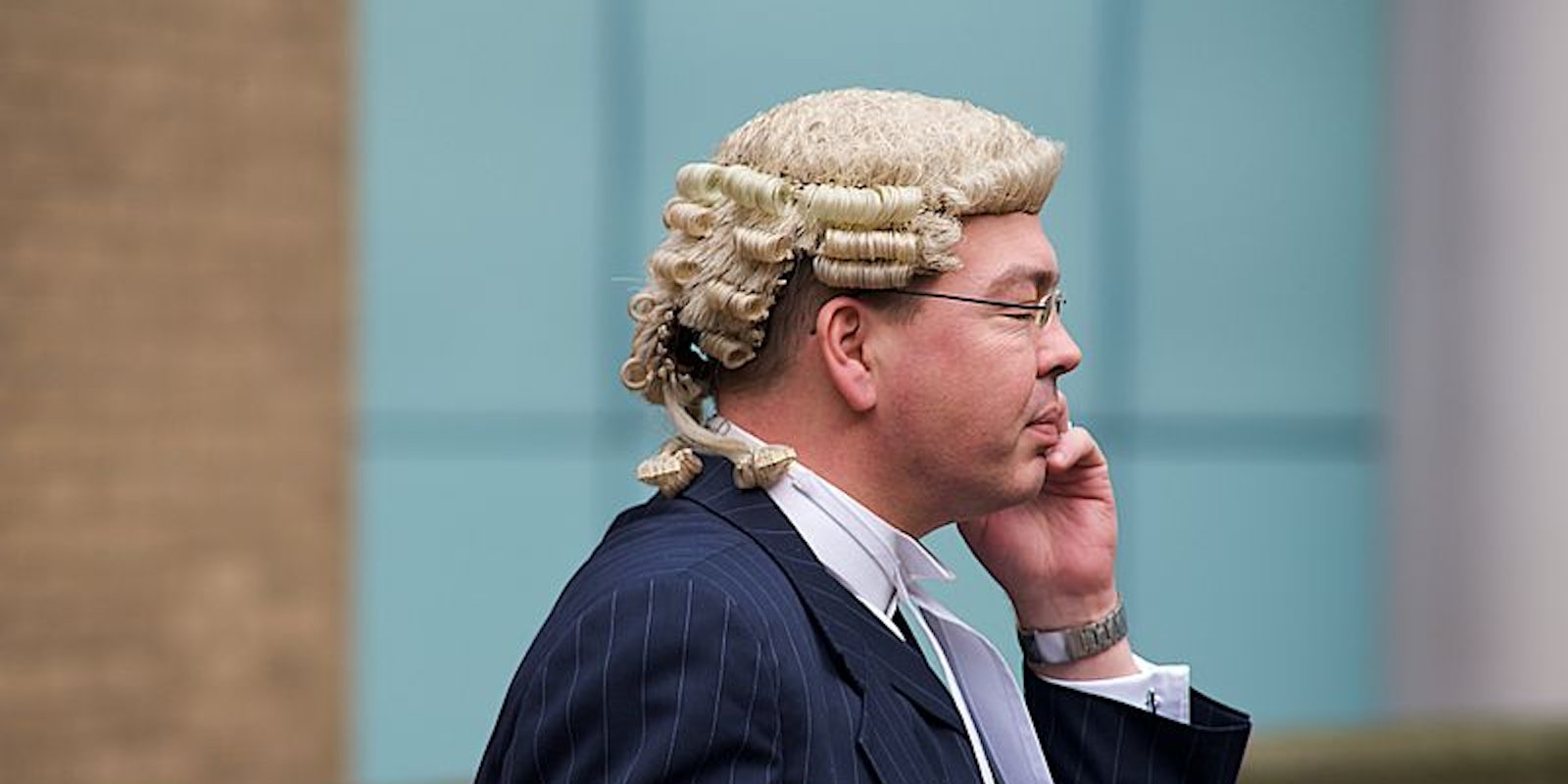Just how crucial is the Internet to our everyday lives?
Enough that judges in England wouldn’t even deny it to sex offenders.
In what may prove to be a landmark case, two appeals judges have ruled that even though 55-year-old Phillip Michael Jackson hid his smartphone in a shampoo bottle to record a 14-year-old in the shower and turned out to own a wealth of child pornography, he still shouldn’t be banned from accessing the Internet.
“Nowadays it is entirely unreasonable to ban anybody from accessing the internet in their home,” said one of the two appeals judges who ruled on the case.
After the girl noticed the camera in the bottle, Jackson was arrested and hit with a sexual offenses prevention order to restrict him from being able to commit similar crimes. One tenant of the order barred Jackson from owning a computer, and his sentencing judge stated that “I anticipate that you will die subject to this order.”
The appeals judges obviously disagreed.
The idea that access to the Internet is a fundamental right has gained traction recently. In July, the United Nations ruled that its definition of human rights has equal meaning on the Internet. On Thursday, a California judge put a hold on a ballot initiative to increase penalties for sex offenders, noting it would likely bar them from anonymous online speech, a constitutional right. And on Monday, the 15-year-old hacker known as Cosmo the god, who was sentenced for hacking sites like the CIA and Nasdaq, was granted supervised Internet access for the next six years.
Photo via Wikimedia Commons
